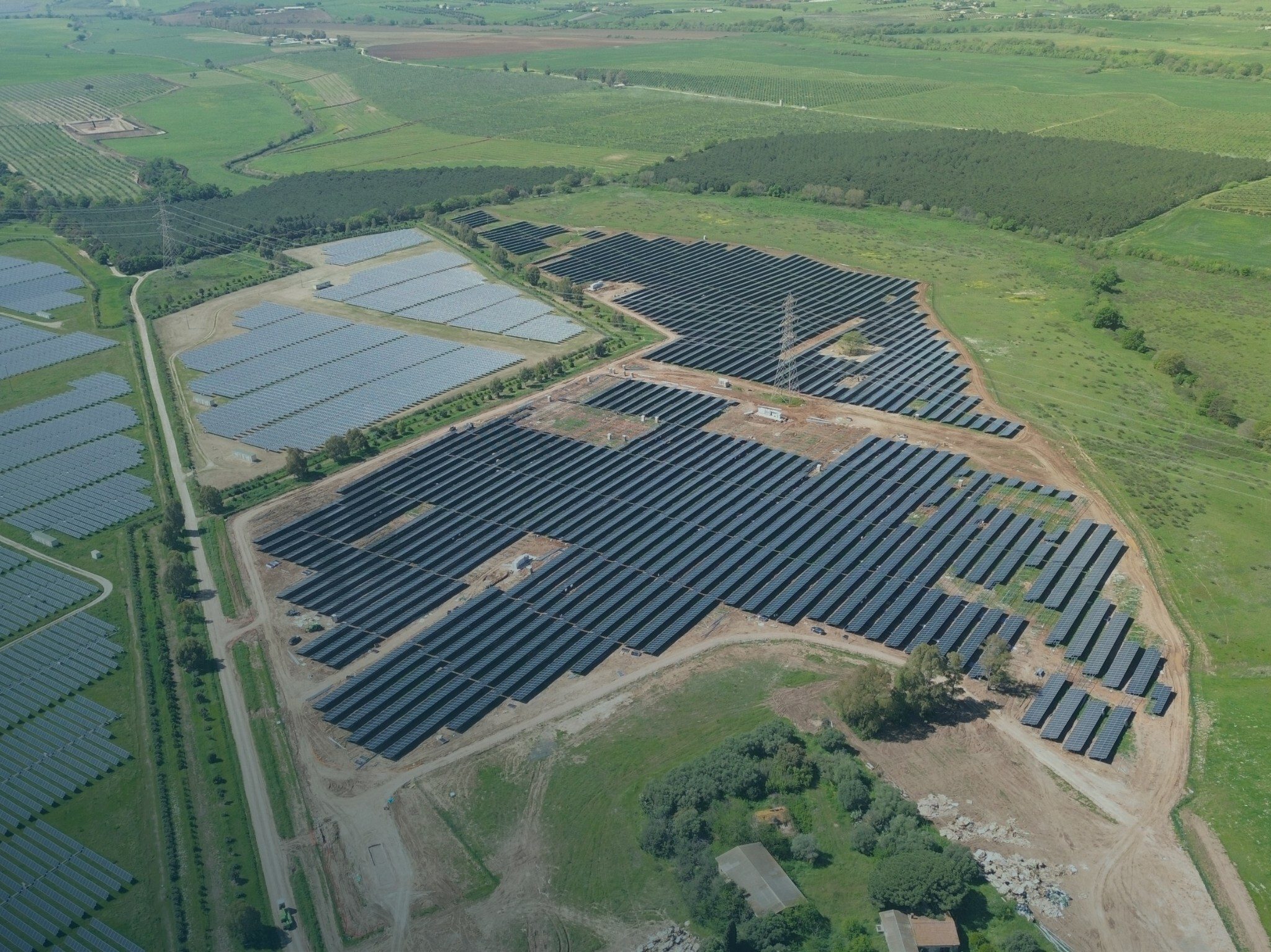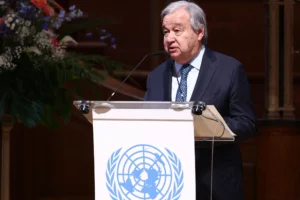The second anniversary of the Inflation Reduction Act (IRA), signed into law on August 16, 2022, marks a moment of reflection on one of the most ambitious legislative efforts in U.S. history. Designed to address climate change, healthcare costs, and economic inequality, the IRA is celebrated by Democrats and criticized by Republicans, setting the stage for ongoing debate as the 2024 presidential election approaches.
Historic Investment and Achievements
The IRA is recognized as a transformative law, especially in the realm of climate policy. It allocates billions to clean energy projects, aiming to reduce greenhouse gas emissions by 40% by 2030. The act also targets healthcare costs by capping prescription drug prices and extending healthcare subsidies.
Vice President Kamala Harris, a strong advocate for the IRA, recently highlighted its impact: “The Inflation Reduction Act is a bold step forward in our fight against climate change. It’s about creating jobs, improving public health, and ensuring every American has a fair shot at a sustainable future.”
The General Services Administration (GSA) also marked the anniversary by emphasizing the IRA’s role in the largest climate investment in U.S. history, contributing to thousands of new clean energy jobs and significant renewable energy infrastructure.
Republican Criticism
Republicans, however, remain critical. Former President Donald Trump has been a vocal opponent, stating, “The so-called Inflation Reduction Act has done nothing to reduce inflation. Instead, it’s driven up costs for American families and businesses while funneling taxpayer dollars into unproven green energy schemes.”
A Republican “report card” on the IRA echoes these sentiments, arguing that the act has failed to curb inflation and has led to higher energy costs. The report also criticizes the IRA’s focus on renewable energy, claiming it has resulted in job losses in traditional energy sectors and created market distortions due to its reliance on tax incentives and subsidies.
International Perspectives: The UN’s View
On the global stage, the United Nations has weighed in on the significance of the IRA, particularly its climate provisions. In a recent statement, the UN’s Secretary-General António Guterres praised the IRA as a “substantial step forward” in the global fight against climate change. “The United States, as one of the largest economies and emitters, plays a critical role in the global effort to limit warming to 1.5 degrees Celsius. The Inflation Reduction Act represents a meaningful commitment to this goal,” Guterres said.
However, the UN also urged continued vigilance and ambition. “While the IRA sets a positive precedent, the global community must push for even more aggressive actions to meet the climate targets set by the Paris Agreement,” Guterres added, emphasizing that the world is still on a trajectory toward dangerous levels of warming without further action.
Change the World - Subscribe Now
A Balanced Assessment
As the IRA reaches its two-year mark, it’s clear the act has both supporters and detractors. On one hand, it has catalyzed significant investments in renewable energy, positioning the U.S. as a leader in the global clean energy transition. It has also helped lower healthcare costs for some Americans, particularly seniors.
On the other hand, critics argue the IRA hasn’t lived up to its promises. They contend that it has failed to address the root causes of inflation and has burdened businesses and consumers with higher costs.
Looking forward, the IRA will likely play a significant role in shaping the political landscape as the 2024 election approaches. With Republicans and Democrats offering contrasting visions for the future, the debate over the IRA’s impact will continue.
Kamala Harris remains optimistic: “We have made tremendous progress, but our work is far from over. The Inflation Reduction Act is a crucial part of our strategy to build a better, more equitable America.”
As the nation continues to evaluate the IRA, its impact on U.S. policy on climate, healthcare, and the economy will be felt for years to come. Whether it ultimately succeeds or falls short of its ambitious goals, the IRA has undeniably sparked a broader conversation about America’s future and its role in the global community.

 Follow SDG News on LinkedIn
Follow SDG News on LinkedIn











